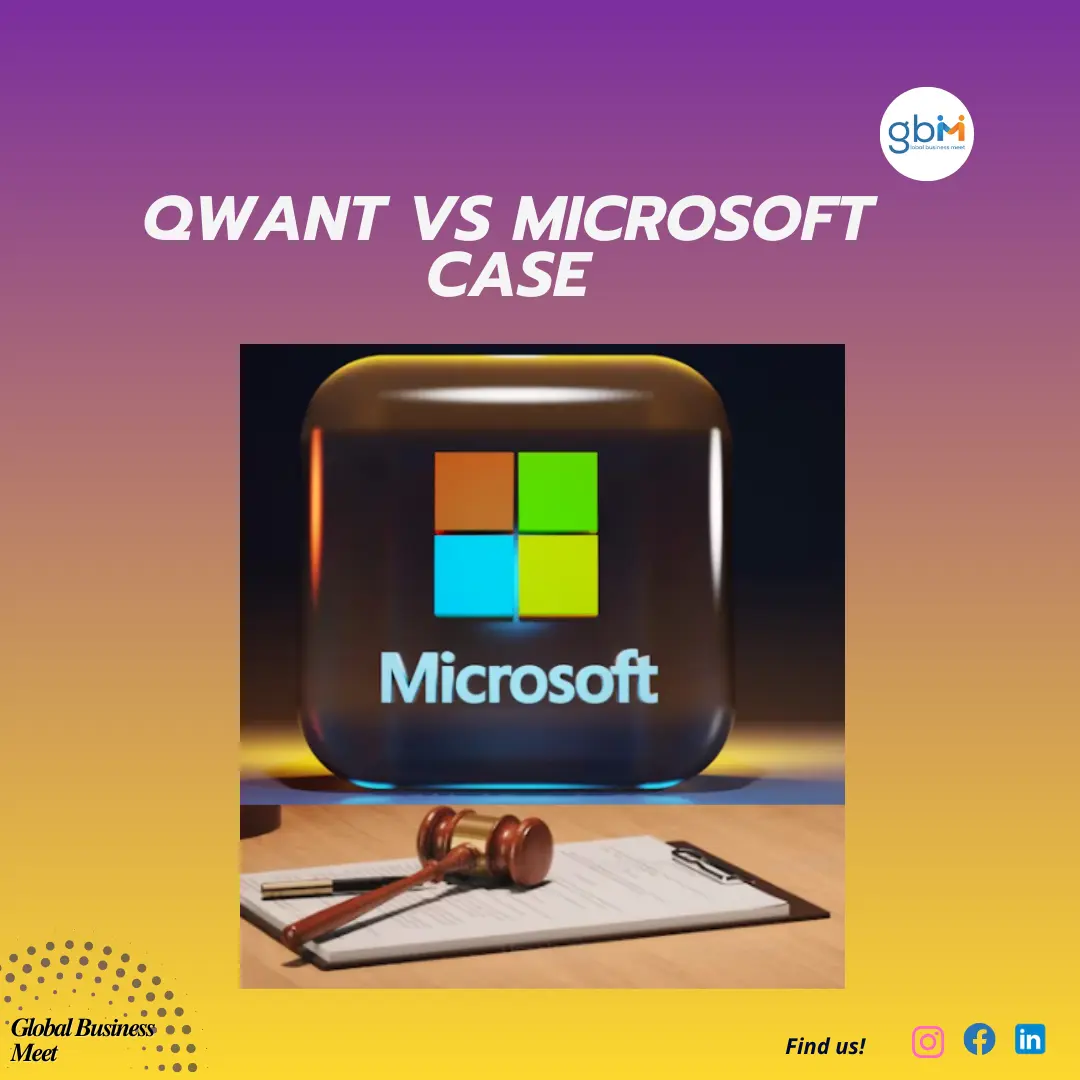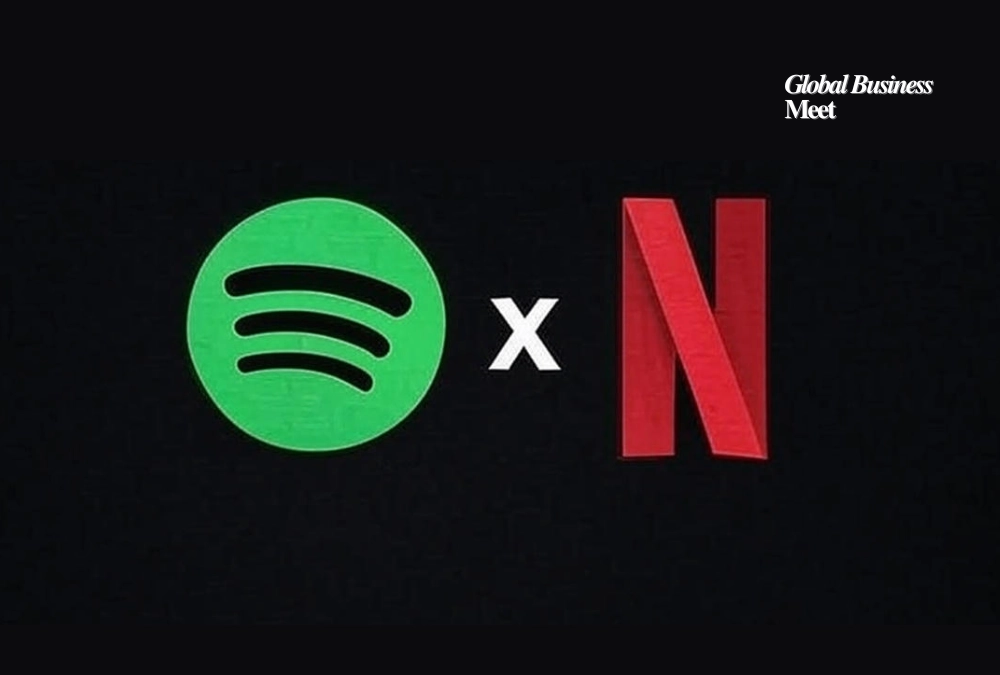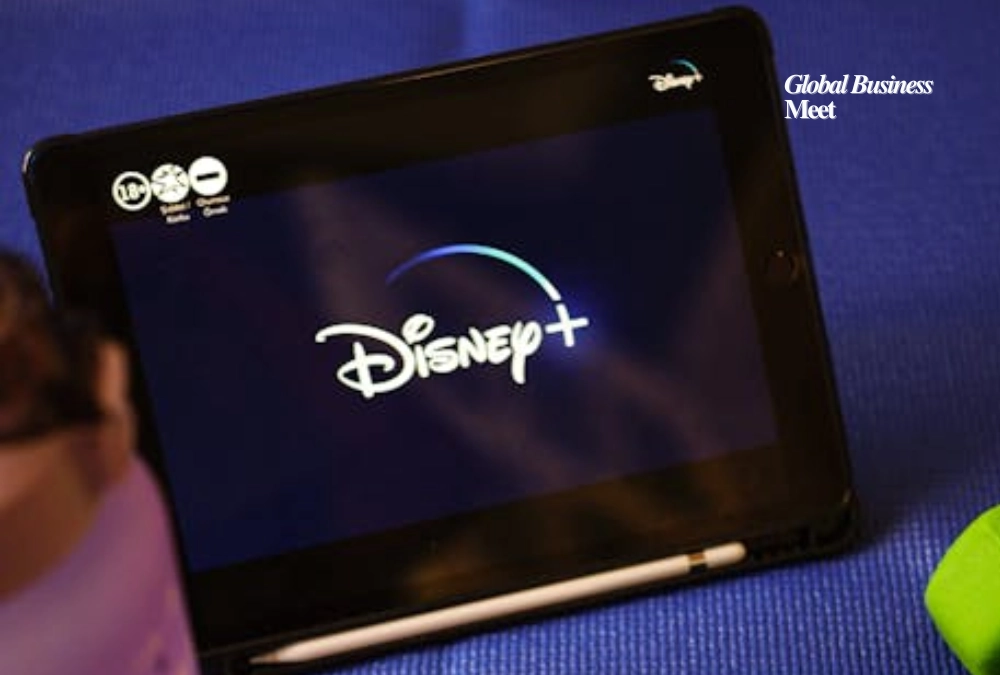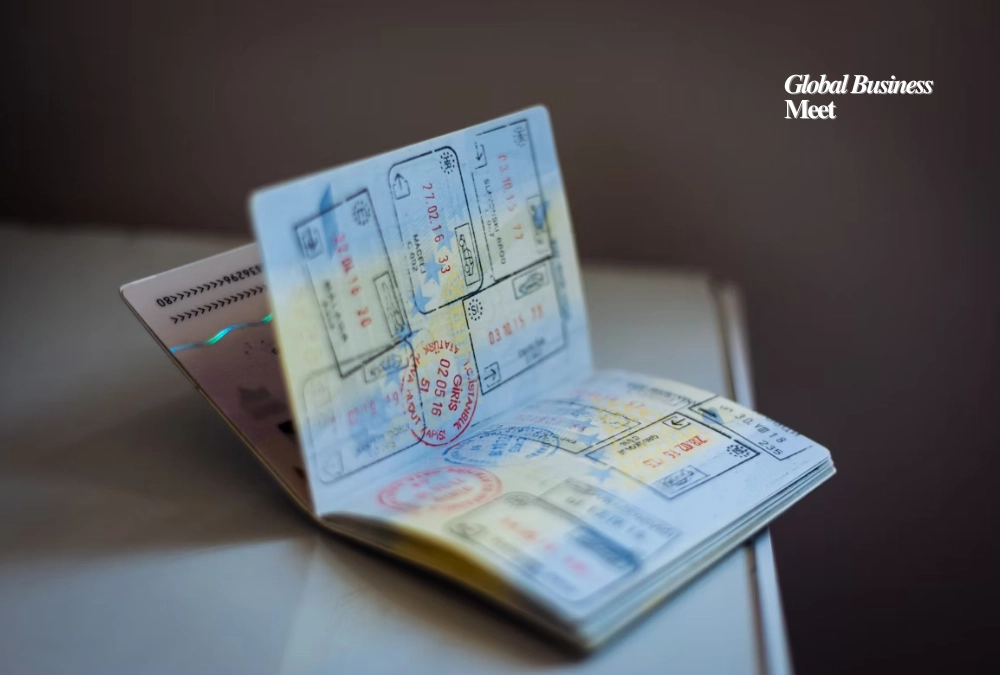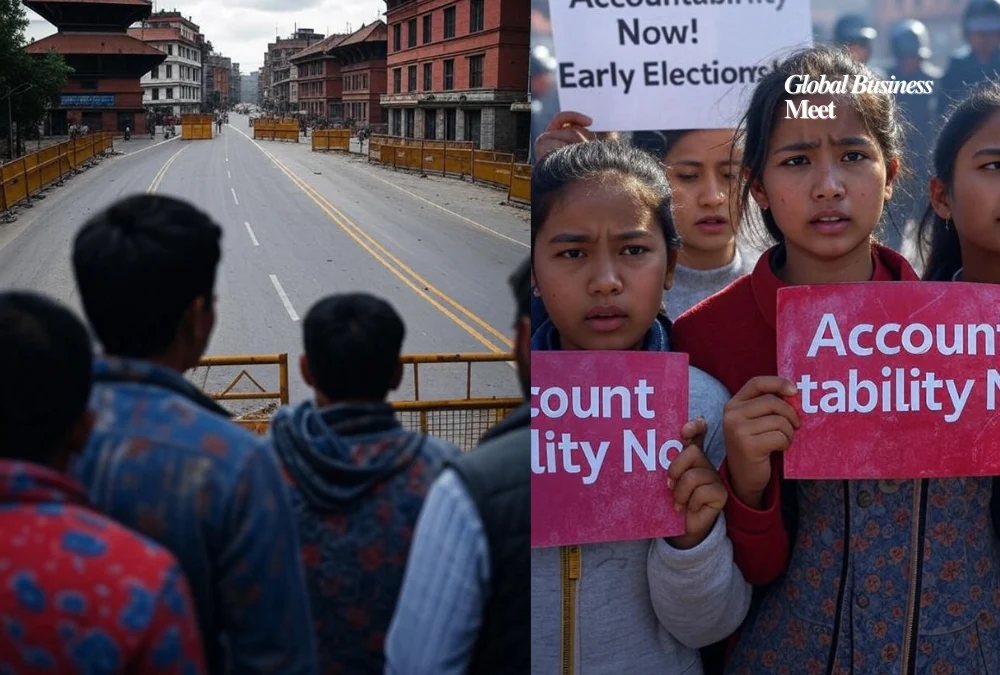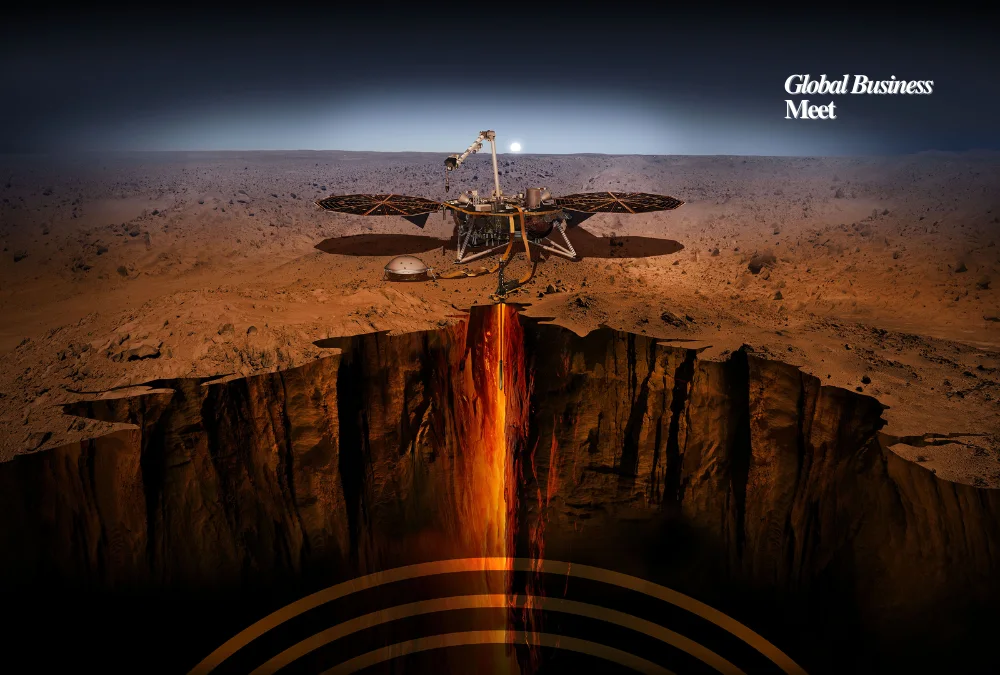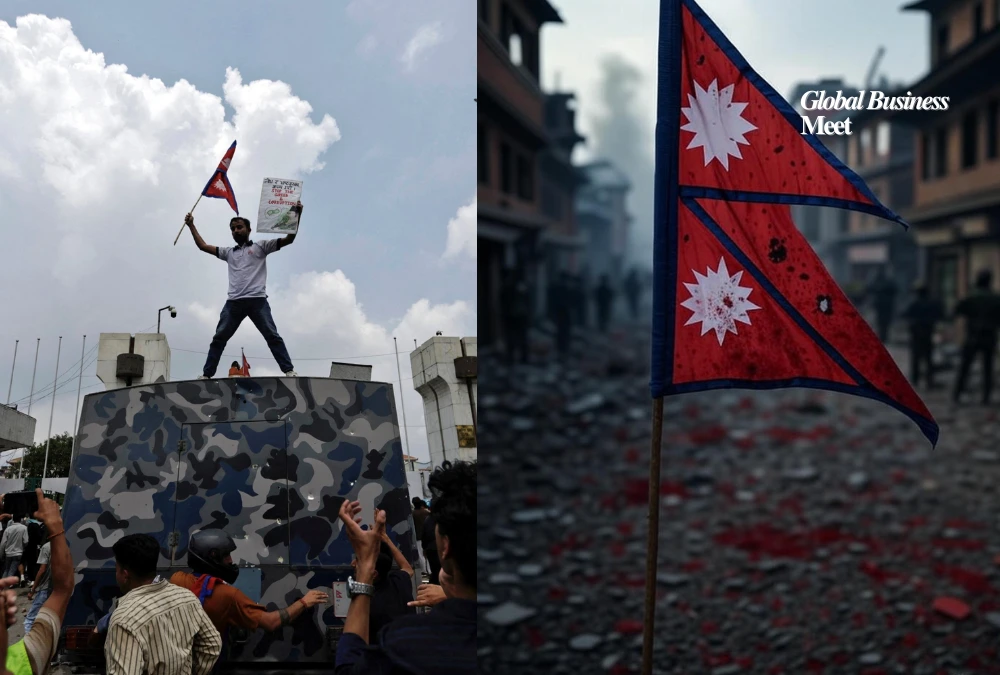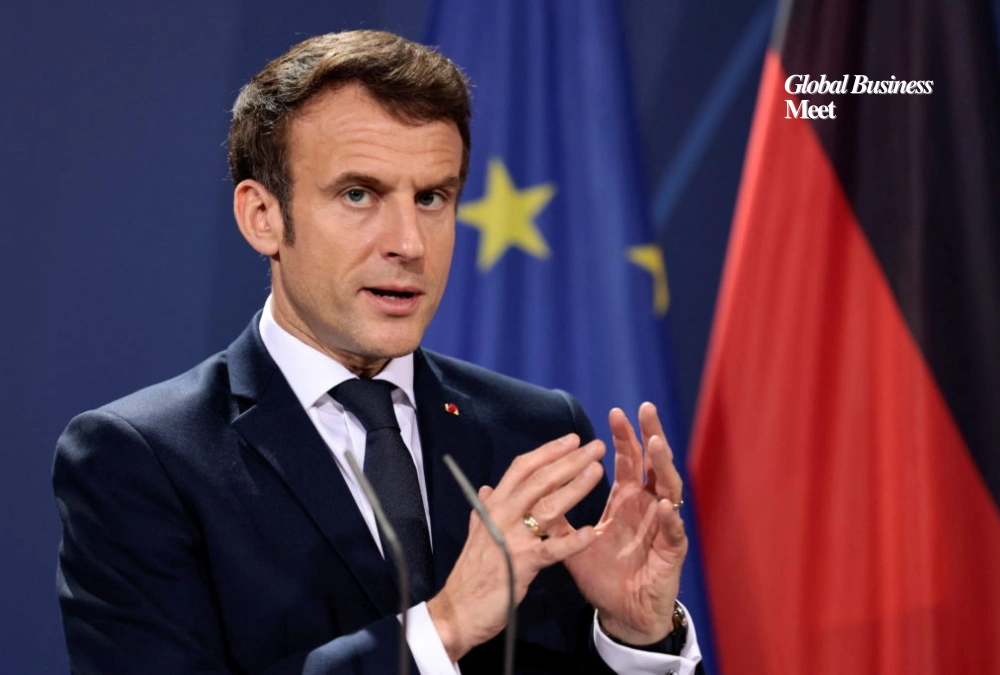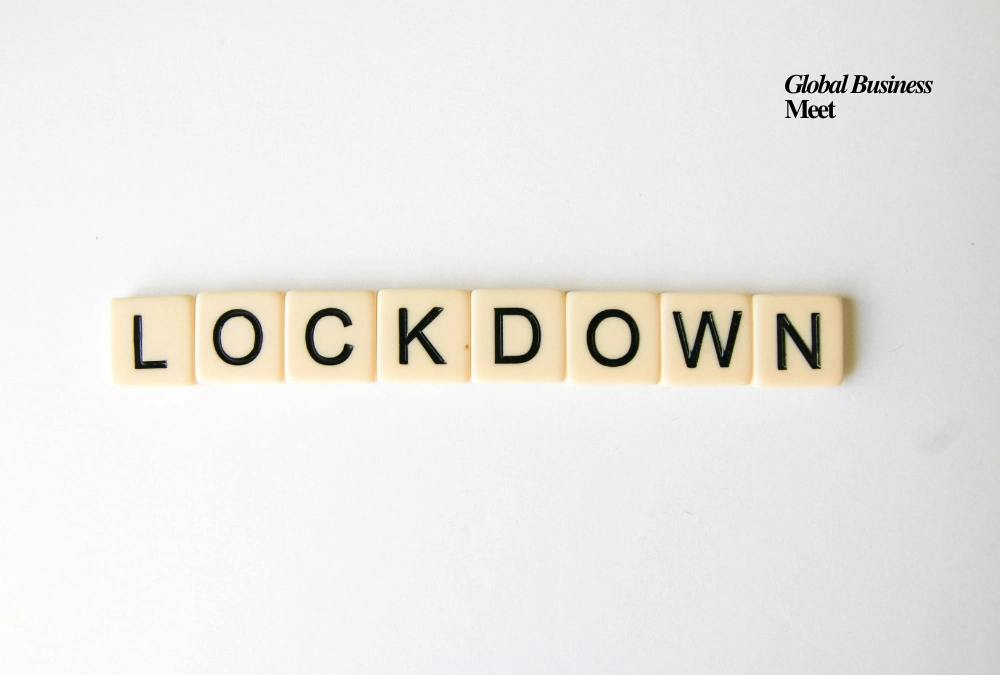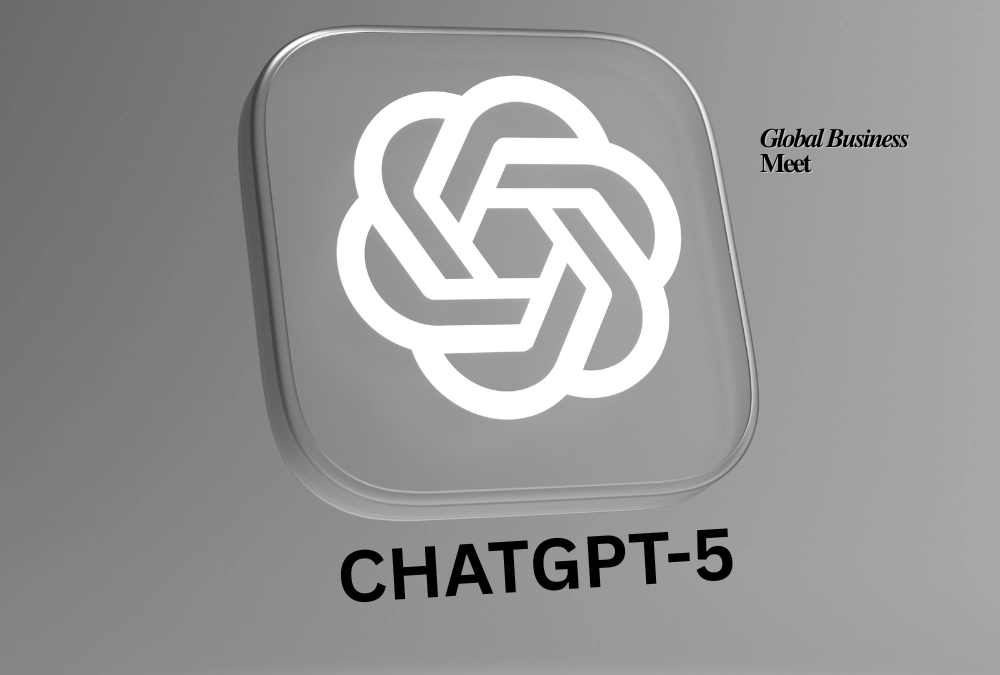
Washington D.C. – September 3, 2025: Tensions between Venezuela and the United States have soared after President Donald Trump confirmed that U.S. forces carried out a deadly strike on a suspected drug-carrying vessel in the southern Caribbean.
Speaking in the Oval Office on Tuesday, Trump told reporters: “Over the past few minutes, we shot out a boat, drug-carrying boat, a lot of drugs in that boat.” He later posted on Truth Social that the strike was conducted under his direct orders and resulted in the deaths of 11 alleged members of the Venezuelan Tren de Aragua gang, which Washington has designated as a “narco-terrorist organization.”
The post was accompanied by grainy aerial footage showing a motorboat with four outboard engines speeding across rough waters before erupting in flames. Trump warned: “Let this be a red flag to anybody that wishes to bring drugs into the United States of America. Beware!”
U.S. Officials, Rubio Confirm Strike
Secretary of State Marco Rubio confirmed the operation in a post on X, describing it as a “lethal strike” against a vessel operated by a narco-terrorist group. Trump said he was briefed by Chairman of the Joint Chiefs of Staff Gen. Dan Caine and emphasized that no U.S. forces were harmed in the mission.
The U.S. military has recently bolstered its presence in the southern Caribbean, deploying the Iwo Jima Amphibious Ready Group along with thousands of Marines and sailors. Officials say the buildup is part of a broader campaign to combat drug trafficking and dismantle transnational criminal organizations.
Growing Confrontation With Venezuela
The strike signals a major escalation in Washington’s confrontational stance toward Venezuelan President Nicolás Maduro, whom U.S. authorities accuse of leading the so-called “Cartel of the Suns.” Alongside senior military and intelligence officials, Maduro is alleged to be heavily involved in narcotics operations. The U.S. has already placed a $50 million bounty on his head and classified several Latin American criminal groups as terrorist organizations.
Maduro, who was sworn in for a third six-year term in January 2025 after a widely disputed election, has accused Washington of seeking regime change. In response to U.S. naval deployments, he declared Venezuela to be in a “maximum state of alert,” claiming that 4.5 million militia members are ready to defend the nation.
State-run broadcaster Telesur has aired footage of fishermen and civilians being called up for military training, with Maduro vowing: “No empire will touch the sacred soil of Venezuela.”
The Bigger Picture
Analysts warn that the latest clash risks pushing Washington and Caracas into direct conflict. Former U.S. Ambassador to Venezuela James Story criticized what he called the Trump administration’s incoherent approach, noting that just weeks ago Washington reissued a license allowing Chevron to continue oil operations in Venezuela.
So far, Caracas has not issued an official response to Trump’s confirmation of the strike. But Maduro has repeatedly vowed that any attack from the U.S. would be met with force, calling the deployments “the greatest threat that has been seen on our continent in the last 100 years.”
While the incident may not yet indicate imminent war, it underscores the volatile state of U.S.-Venezuela relations, where drug trafficking, terrorism designations, and military posturing are converging in a dangerous new crisis.

